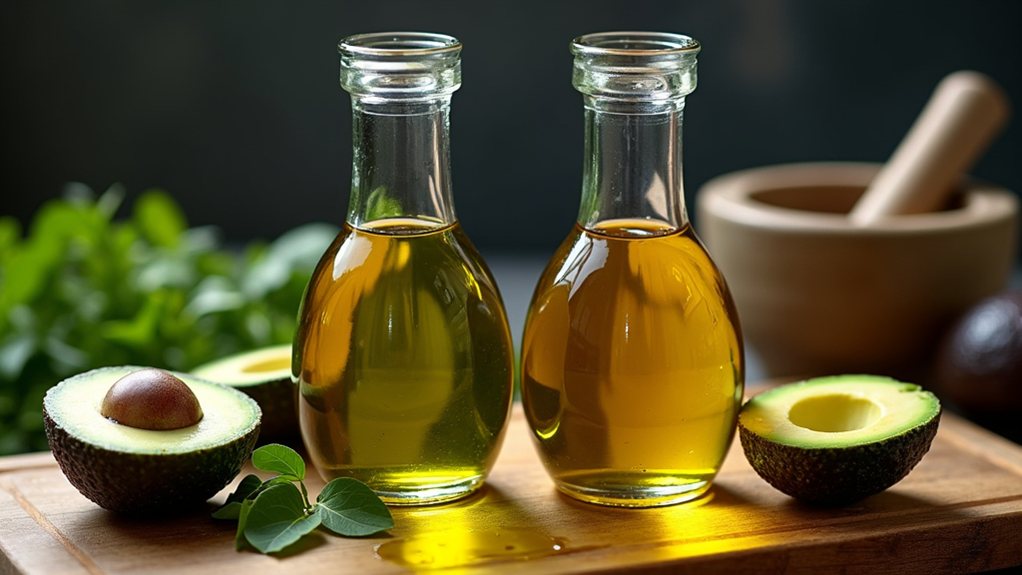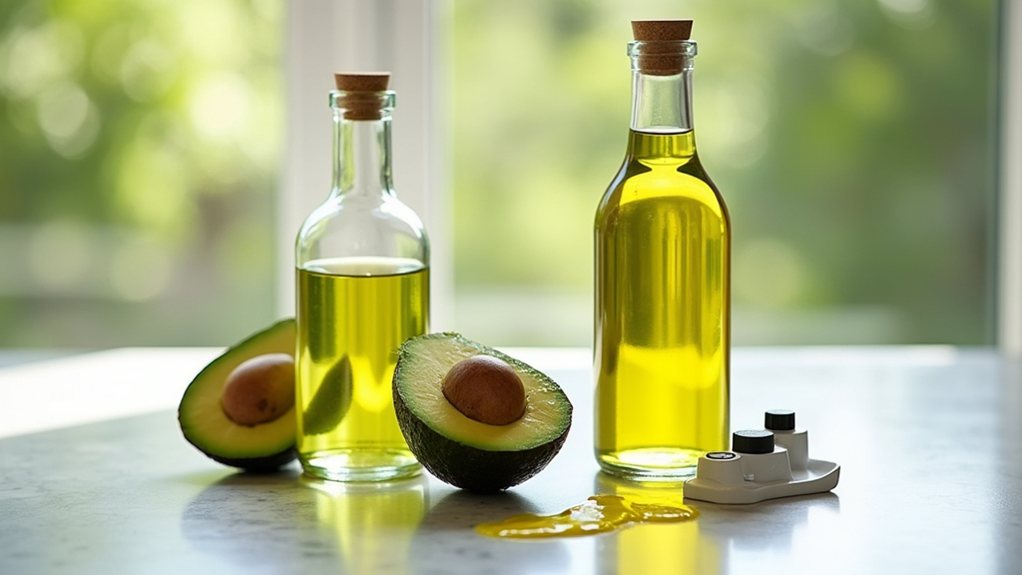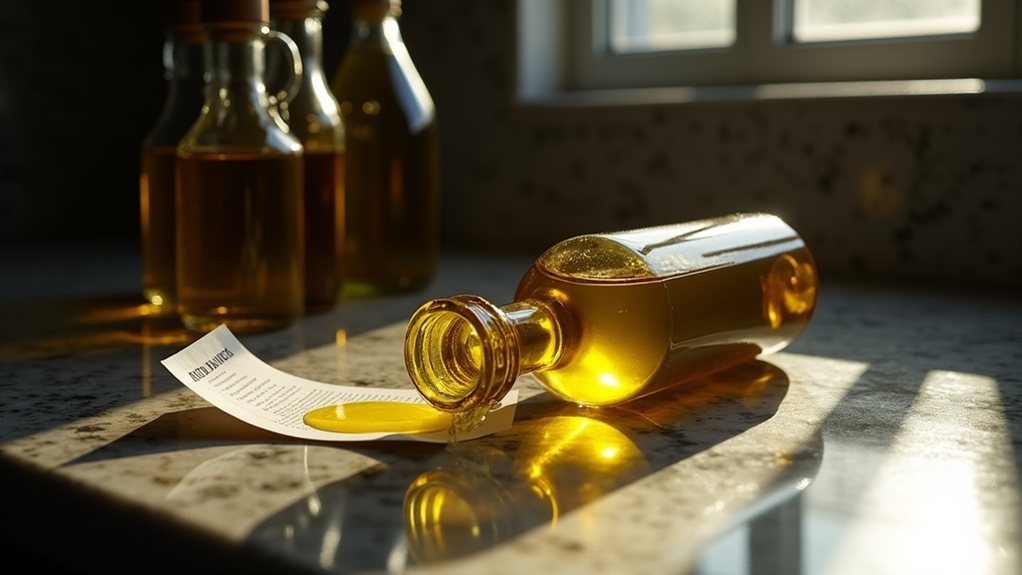Consumers reaching for bottle of avocado oil might be getting less than they bargained for. The seemingly fresh product, with its verdant hue and promising health benefits, often harbors a disappointing secret: rancidity. Industry insiders note that exposure to light, heat, and oxygen quickly degrades the oil’s quality, sometimes before it even reaches store shelves. With nearly 70% of private label options showing signs of spoilage and no enforced standards to protect shoppers, that premium purchase may actually undermine health goals.
The Hidden Troubles With Avocado Oil

The golden elixir of avocados has risen dramatically in popularity among health-conscious consumers and culinary enthusiasts alike, transforming from an obscure specialty item to a kitchen staple. With its heart-healthy benefits and impressive smoke point for high-temperature cooking, avocado oil seems like the perfect addition to any pantry.
However, what many consumers don’t realize is that the bottle of seemingly fresh oil they’ve just purchased might already be compromised. Unlike olive oil, avocado oil lacks enforceable quality standards, creating a marketplace where adulteration and quality issues run rampant. Studies have revealed that nearly 70% of private label avocado oils show signs of rancidity, a problem that often begins during extraction or processing.
The oil’s quality depends on numerous factors, including the fruit’s maturity, extraction method, and subsequent handling, all of which can vary widely between producers. Consumers should be aware that price doesn’t necessarily guarantee quality. In fact, cheaper avocado oils are particularly vulnerable to adulteration with less expensive alternatives like high oleic sunflower or safflower oils.
These substitutions are difficult for consumers to detect without specialized testing, leaving many unknowingly cooking with inferior or even completely mislabeled products. Recent research has identified important chemical markers that can help differentiate authentic avocado oil from adulterations. Even properly produced avocado oil can deteriorate rapidly after bottling. Exposure to light, heat, and oxygen—common conditions in retail environments and home kitchens—accelerates rancidity.
Virgin avocado oil should appear green with a mild flavor, but many bottles on store shelves have already lost these characteristics through improper storage or extended time in distribution channels. For those seeking quality avocado oil, purchasing from brands that test each batch for authenticity provides some assurance. The industry is currently awaiting CODEX standards being developed by international food safety organizations to establish clear quality parameters for avocado oil.
Storing the oil in cool, dark places and using it relatively quickly after opening helps maintain whatever quality it initially possessed. International efforts to establish unified standards may eventually improve the situation, but until then, consumers must navigate this marketplace cautiously.
The process from avocado to oil involves multiple opportunities for quality compromise, making vigilance crucial for those seeking the true benefits of this popular culinary oil.









